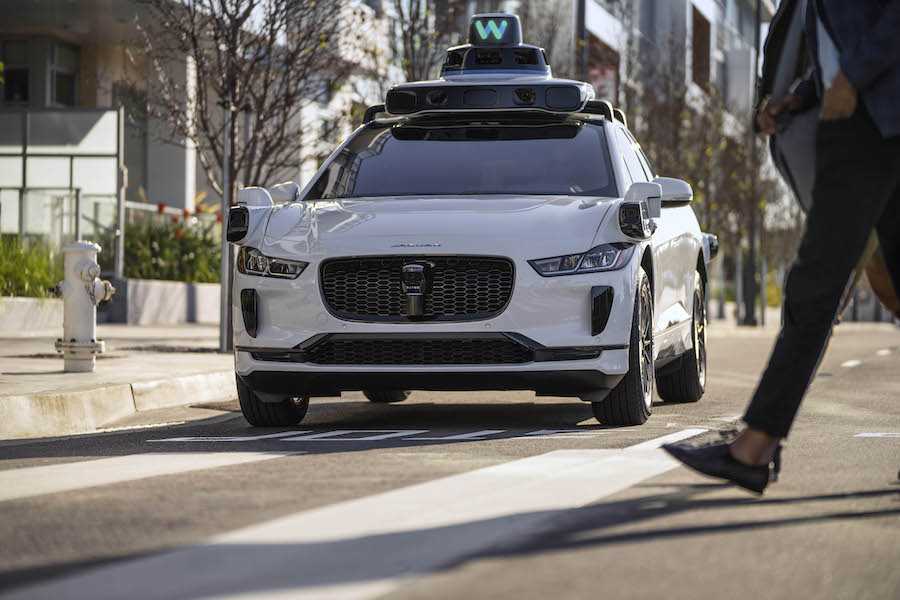
The autonomous vehicles of Google’s sibling Waymo are significantly safer than ones driven by humans, according to new research from global insurance firm Swiss Re, the companies announced earlier this month.
The autonomous vehicle industry has long argued that driverless cars and trucks may prove safer than human drivers by eliminating risk factors such as lack of experience and impaired driving. However, researchers have faced challenges developing robust human performance benchmarks for comparison.
Swiss Re sought to address this challenge by establishing a baseline for comparison based on liability insurance claims data. This is the first time that liability claims data has been used to compare the safety performance of autonomous and human drivers.
Waymo started as the Google Self-Driving Car Project in 2009 and spun off as its own company in 2016, becoming the autonomous driving subsidiary of Alphabet, Google’s parent company. The startup has driven more than 20 million miles on public roads across 10 U.S. states and 20 billion miles in simulation.
In the new study, the research team compared Waymo’s liability claims data with those from mileage- and zip-code-calibrated private passenger human-driven vehicles. Based on Swiss Re’s data from over 600,000 claims and over 125 billion miles of exposure, these baselines are extremely robust and highly significant.
The scientists found that in comparison to the Swiss Re human driver baseline, Waymo’s autonomous driving technology, the Waymo Driver, significantly reduced the frequency of property damage claims by 76% — a decrease from 3.26 to 0.78 claims per million miles — when compared to human drivers. In addition, it completely eliminated bodily injury claims, a major contrast to the Swiss Re human driver baseline of 1.11 claims per million miles.
“The Waymo Driver is already improving road safety in cities where we operate — a conclusion we’ve come to by analyzing our Driver’s safety performance and through peer-reviewed research,” Mauricio Peña, chief safety officer at Waymo, said in a statement. “This cutting-edge study provides robust evidence that our Driver is in fact reducing injuries on the streets of San Francisco and Phoenix today.”
All in all, in the more than 3.8 million miles that Waymo drove without a human behind the steering wheel across San Francisco and Phoenix, there were zero bodily injury claims and a significant reduction in the property damage claims frequency.
“This first-of-its-kind research helps illuminate not only the dynamics that govern autonomous vehicle safety, but how the re/insurance industry can provide the level of security and support that will spur widespread adoption of this new technology,” Luigi Di Lillo, head of products and partnerships at P&C Solutions at Swiss Re, said in a statement. “For a long time, there has been a need for a comparison of autonomous vehicle providers and human driven vehicles, and we are now able to provide this.”

